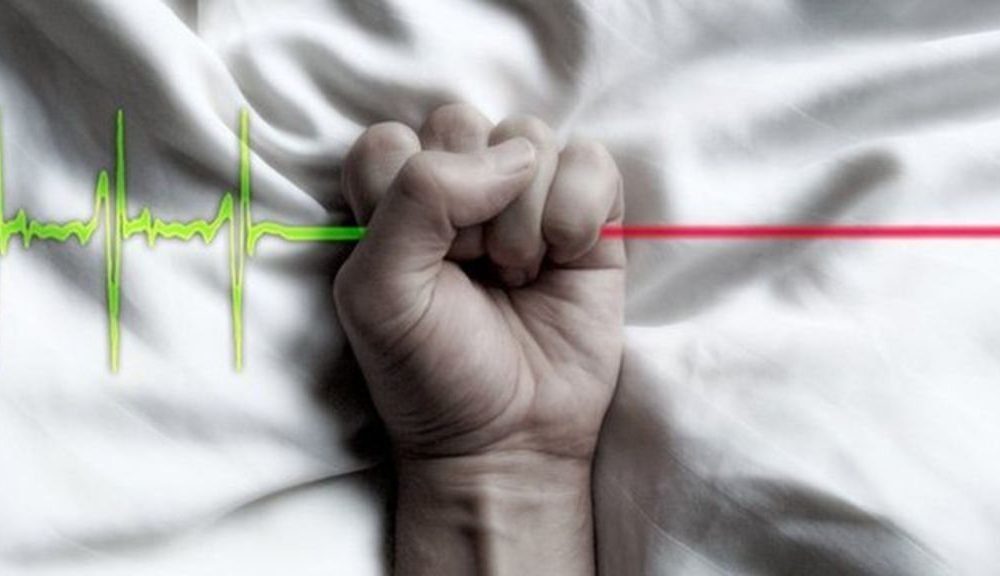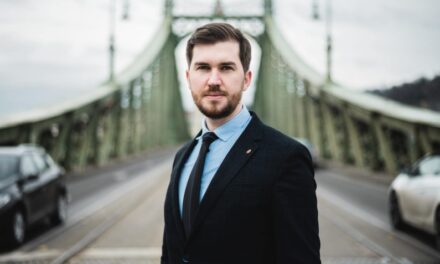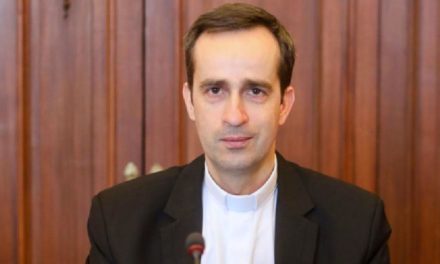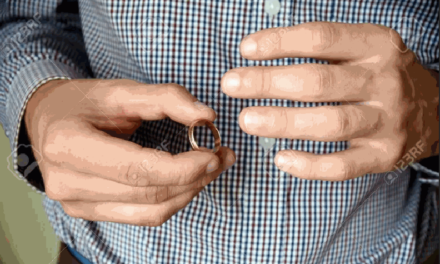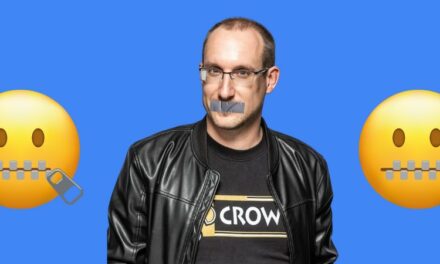Karsai's argument is completely baseless. In Hungary, no one forbids any end-of-life decision. Everyone decides as they want. Written by Gábor Sebes.
Constitutional lawyer Dániel Karsai appealed to the European Court of Human Rights (ECHR) because, his opinion , "the complete ban on making end-of-life decisions in Hungary violates fundamental human rights, in particular the right to self-determination arising from human dignity, the prohibition of inhumane and degrading treatment, and the worldview conviction the right to free choice."
It is extremely difficult to express a non-supportive opinion on this issue because Karsai suffers from a disease called ALS. This destroys the motor neurons in such a way that the patient becomes more and more helpless while still conscious and then suffocates. It is truly a terrible fate, and our sympathy cannot assuage his pain and despair.
At the same time, Karsai is also a political activist and uses his illness for political activism, so criticism of his arguments cannot be avoided. Even less, because the entire opposition stood behind it, they proposed a parliamentary debate day on euthanasia.
What is it about? According to the proven "rights defender" method, they transform every moral, social, political, and economic issue into a legal problem, and they want to assert their position not democratically, but through the courts.
Karsai claims that he wanted to start a social debate about the problem, in fact with the petition to the ECtHR. In other words, he wants to make a judgment over the heads of society and the Hungarian Parliament in which Hungary and the Hungarian legal system are condemned.
Your argument is completely baseless. In Hungary, no one forbids any end-of-life decision. Everyone decides as they want. It is a different matter if the conditions independent of him are missing for the implementation of his decision. I can also decide to perform tomorrow at the Scala in Milan, but I will hardly be allowed to enter the artist gallery. Nor is his right to self-determination violated; because he doesn't only want to have himself, but also others! On the one hand, with the state, which he wants to force to provide him with a doctor, on the other hand, with this doctor, who he wants to force to end his life in violation of his medical oath, but above all with the Parliament, which he wants to force with the judgment of the ECHR laws sanctioning all this.
Who and what violated the prohibition of inhuman and degrading treatment and the right to freely choose one's worldview?! Who treated him inhumanely or humiliatingly? If the state does not operate according to his worldview, are his rights violated?!
"For me, this form of existence lacks all meaning and dignity. In this situation, according to my firm conviction, it is right to demand that a person has the right to end his life with dignity instead of senseless suffering"
Karsai told Index .
The "right" he raised would also mean someone else's duty to kill him, which is quite problematic. As well as seeing illness and suffering as an affront to human dignity. Accepting that disease and suffering are not part of human existence, but some kind of impairment that can only be remedied by killing the individual, would have unacceptable consequences – consequences that we are already seeing in countries that allow active euthanasia.
At first, active euthanasia was allowed only in cases of unbearable physical suffering. Later, it was extended to the case of mental suffering, so physically healthy depressed, lonely, and bored people could also claim it. Then - 81 years after Nazi Germany - it was extended to children again!
Once such a process starts, there is no stopping it, because the borders become uncertain. In Canada, it increased by more than 30 percent in one year and was responsible for 4.1 percent of deaths in 2022 . The ECtHR recognized these dangers in October 2022 in Mortier v. Belgium , in which the applicant, Tom Mortier, was represented by ADF International. Mortier brought the case because of the arbitrary euthanasia of his mother, Godelieva De Troyer, which was carried out without her prior knowledge under the pretext of "intractable depression".
The court found that Belgium had violated the right to life due to the circumstances of euthanasia, as the national commission charged with regulating the practice was clearly not independent.
How could it be ruled out that a relative who is tired of nursing or who is already spending the inheritance in his head pressures an elderly person into euthanasia, or a neighbor who is nervous because of the loud TV?!
At the time of the regime change, the same enlightened left-liberal advocates still believed that the state could not take the life of a citizen. In the same way, the death penalty was banned in 1990 by a court - the Constitutional Court - over the heads of society and the legislature.
"The provisions on the deprivation of life and human dignity by means of the death penalty not only limit the essential content of the fundamental right to life and human dignity, but also allow the complete and irreparable destruction of life and human dignity, as well as the right that ensures it" -
the Constitutional Court stated in its decision . At that time, life and human dignity were still inseparable concepts. As the current Basic Law also mentions them together in II. in article:
"Human dignity is inviolable. Every person has the right to life and human dignity, the life of the fetus deserves protection from conception."
"Human life and human dignity form an inseparable unity and are the greatest value above all else. The right to human life and dignity is also an indivisible and unlimited basic right that forms a unity and is the source and condition of many other basic rights. The right to human life and dignity as an absolute value is a limitation against the punitive power of the state"
- said the Constitutional Court. Could this absolute right now limit the state? Only against his criminal power?
Is the state really obliged to ensure that no one suffers beyond a certain limit?
It is a fact that the left's perception of the state has changed since then. On the one hand, they would expect you to stay away from your private life - "stay out of my uterus", they say about family policy - and on the other hand, they would expect that if someone is unable to commit suicide for some reason, they can request help for this at the government window or in a webshop. They see the state as some kind of giant service house that should not interfere in anything, but protect them from all inconveniences and support them in everything.
*
Of course, I understand why Dániel Karsai doesn't want to helplessly wait until he drowns. There is a medical diagnosis that would make me want to end my life. But I wouldn't go to court, there wouldn't be a parliamentary debate day, and the newspapers wouldn't write about me.
I would not present myself as a victim of injustice.
I would just leave, quietly.
Featured image: BBC

